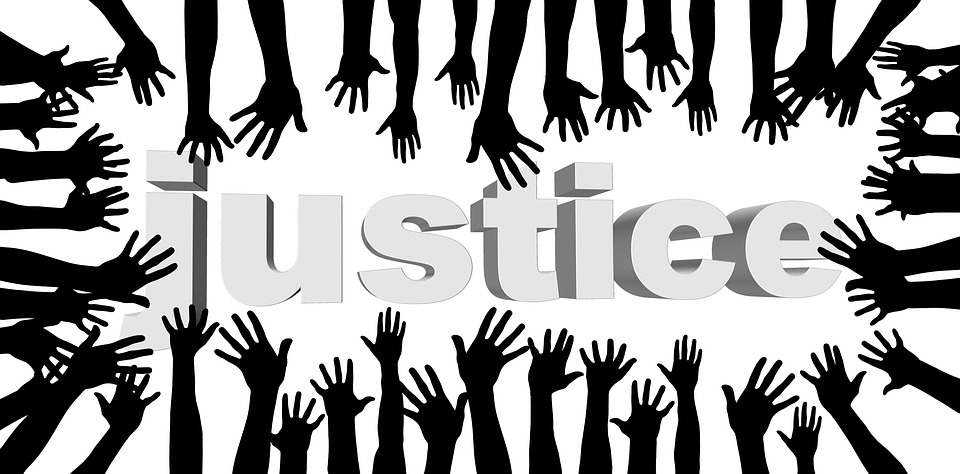Introduction
Social justice and activism are two intertwined concepts that have shaped and continue to shape the trajectory of societies around the globe. At its core, social justice seeks to ensure that all individuals, regardless of their background, have equal access to opportunities, resources, and rights. Activism, on the other hand, is the proactive pursuit of social and political change, often driven by a commitment to rectify perceived injustices.

Historical Perspectives
The quest for social justice and activism is deeply rooted in history, with various movements emerging to challenge inequality and promote justice. One of the earliest instances of organized activism for social justice dates back to the abolitionist movement in the 18th and 19th centuries, which sought to eradicate slavery and promote equality. The suffragette movement in the early 20th century fought for women’s right to vote, marking another pivotal moment in the pursuit of justice.
The mid-20th century witnessed the Civil Rights Movement in the United States, led by figures such as Martin Luther King Jr., aiming to dismantle racial segregation and discrimination. Internationally, the anti-apartheid movement in South Africa and the Indian independence movement led by Mahatma Gandhi further exemplify the global nature of social justice struggles.
Contemporary Challenges
While progress has been made, contemporary society grapples with persistent challenges to social justice. Issues such as systemic racism, gender inequality, economic disparities, and discrimination based on sexual orientation or identity persist in various forms across the globe. The digital age has also introduced new challenges, such as online hate speech and the spread of misinformation, which can undermine efforts towards a more just and equitable society.
In addition to these challenges, the interconnectedness of the global economy has created new complexities. Issues like environmental justice, where marginalized communities often bear the brunt of environmental degradation, underscore the need for a holistic approach to social justice that considers the intersectionality of various forms of oppression.
Intersectionality in Social Justice
The concept of intersectionality, coined by Kimberlé Crenshaw, emphasizes the interconnected nature of social categorizations such as race, gender, class, and sexual orientation. It recognizes that individuals may face overlapping and interdependent systems of discrimination and disadvantage. Addressing social justice issues, therefore, requires an understanding of the nuanced ways in which various forms of oppression intersect.
For example, a woman of color may experience discrimination differently from a white woman or a man of color due to the intersection of race and gender. Recognizing and addressing these intersections is crucial for developing effective strategies in the pursuit of social justice.
The Role of Activism in Social Change
Activism serves as the driving force behind social change, challenging the status quo and advocating for a more just and equitable society. Activists employ various strategies, from peaceful protests and advocacy to legal action and grassroots organizing. Social media platforms have become powerful tools for amplifying activist voices and mobilizing widespread support for social justice causes.
Movements like Black Lives Matter, #MeToo, and Fridays for Future demonstrate the impact of contemporary activism. These movements have not only raised awareness about systemic injustices but have also catalyzed tangible change, from policy reforms to shifts in cultural attitudes.
Individual Agency in Social Justice
While organized movements play a crucial role, individual agency is equally vital in the pursuit of social justice. Each person has the power to contribute to a more equitable society through their actions, choices, and advocacy. Educating oneself about social justice issues, engaging in difficult conversations, and supporting businesses and policies aligned with justice are ways individuals can make a difference.
Furthermore, individuals can leverage their privilege to uplift marginalized voices and challenge discriminatory practices. Allyship, a concept gaining prominence, involves individuals from privileged groups actively supporting and advocating for marginalized communities.
Challenges and Criticisms
Despite its noble goals, social justice activism is not without its challenges and criticisms. Some argue that certain activist movements may inadvertently stifle free speech or adopt an overly confrontational approach, hindering constructive dialogue. The term “cancel culture” has emerged to describe the practice of publicly shaming or boycotting individuals or organizations deemed to have committed offenses, raising concerns about fairness and due process.
Additionally, achieving consensus on what constitutes justice can be complex, as different individuals and communities may have varying perspectives on what is fair and equitable. Navigating these challenges requires a commitment to open dialogue, empathy, and a willingness to engage with diverse viewpoints.
Conclusion
In conclusion, the pursuit of social justice and activism is an ongoing and dynamic process, deeply rooted in historical struggles and continuously evolving to address contemporary challenges. The intersectionality of social justice issues underscores the need for comprehensive and inclusive approaches that consider the interconnected nature of discrimination.
Individuals and movements play complementary roles in this journey, with activism serving as a catalyst for change and individual agency contributing to the collective effort. While challenges and criticisms persist, the overarching goal remains the creation of a world where justice, equality, and dignity are inherent to all individuals, irrespective of their background. In the face of adversity, the enduring spirit of social justice and activism continues to propel societies toward a more inclusive and equitable future.